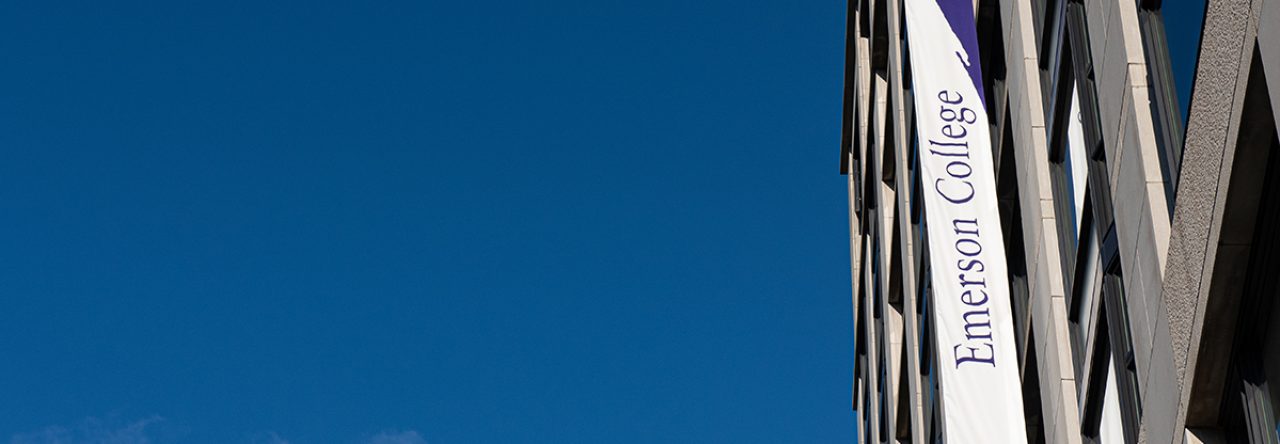NEA Announces ARP Funding Application Guidelines
The National Endowment for the Arts (NEA) has announced the competitive application process and guidelines for “The American Rescue Plan — Grants to Organizations“. The program will be carried out through one-time grants to eligible…
